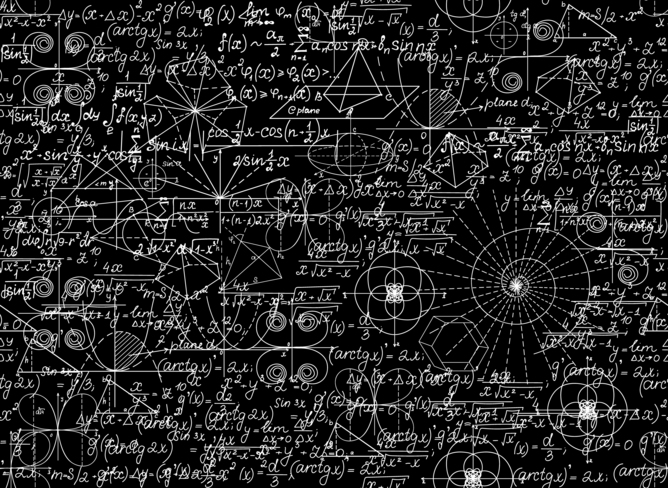Mathematics is not universal

Mathematics is universal. We’ve all heard that phrase many times. 2 plus 2 will always equal 4 in every country in the world.
What we may not know is that 4 is considered an unlucky number in China, as its pronunciation is very similar to the word for “death” in Cantonese and Mandarin.
These kinds of cultural associations with numbers are very entertaining to me. We have so fully accepted that 13 is the number that brings bad luck that we don’t expect the same from 4.
There are even discrepancies in the very notion of 13. Tuesday the 13th is considered unlucky in Latin countries, while Anglo-Saxons associate bad luck with Friday the 13th.
What is clear is that the fear of 13 has crossed more borders than 4. On airplanes, there is no row 13, and many hotels worldwide have removed that number from their elevator buttons.
There are also differences when it comes to good luck or positive things. Cats are said to have 7 lives, and the seventh heaven is associated with joy and ecstasy in Latin countries, while in Anglo-Saxon cultures, felines have 9 lives, and being in the ninth cloud is the equivalent of the seventh heaven we mentioned earlier.
In favor of the number 7, I must say that it seems to play quite a privileged role in our lives. The week has 7 days, and the seventh is the Lord’s day, the 7 musical notes, the 7 colors of the rainbow, the 7 chakras of the human body…
The number 5 also seems to hold some importance, as with 7. The 5 pillars of Islam, the 5 Chinese musical notes, the 5-pointed star. Our hands have 5 fingers, and perhaps we have sought that perfection in our surroundings across all cultures.
There are countries that make associations with numbers that might seem unfamiliar to us. I’ve always found it amusing that in China, 11 is associated with singles, which has turned November 11th into a discount day similar to Black Friday—don’t ask me why.
There are also many confusions around how we measure time in different cultures. A pregnancy lasts about 280 days. In countries that follow the Gregorian calendar with months of 30 or 31 days, a pregnancy lasts 9 months. However, in countries with a lunar calendar of 28-day months, a pregnancy lasts 10 months.
Speaking of calendars and how we measure time, I’d like to mention that in South Korea, babies are already considered 1 year old when they are born, and all South Koreans celebrate their birthdays on January 1st.
I’ve also found it amusing when numbers create confusion between cultures when we talk about how we measure space. When I was in school, we were taught about 5 continents: Europe, America, Asia, Africa, and Oceania.
Over time, they added Antarctica, so now there are 6, but I was surprised when I spoke to people from other countries who referred to 7 continents. It turns out that in certain countries, America is actually two continents, as they divide it into North America and South America.
Have you come across any similar curiosities related to numbers in your travels?




